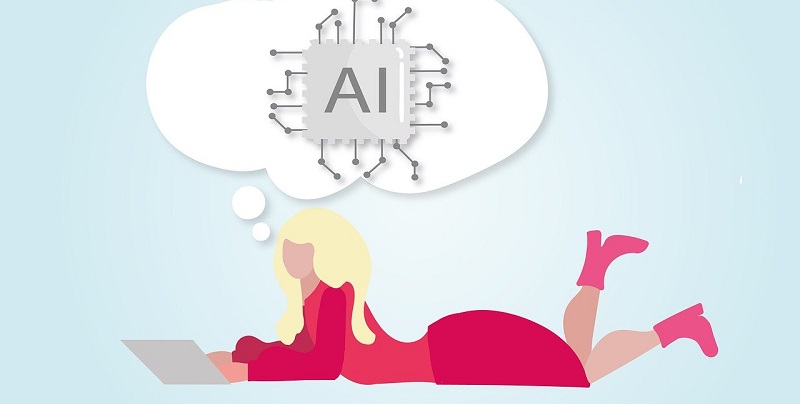Artificial Intelligence, commonly known as AI, has moved beyond the realm of science fiction and has seamlessly assimilated into our everyday lives. This groundbreaking technology has dramatically transformed how we work, interact, and make decisions, making it an indispensable part of modern society.
AI’s Impact on Daily Life
Unbeknownst to many, AI quietly operates in the background, enhancing various facets of our lives. From virtual assistants that understand our voice commands to AI algorithms that analyze our preferences, AI has seamlessly woven itself into the fabric of our daily routines.
AI Working Behind the Scenes
In a world buzzing with AI, we are often taken by surprise by the multitude of tasks being performed by these virtual helpers. AI algorithms proficiently comprehend our voice commands and tirelessly provide us with relevant information or even perform tasks on our behalf, empowering us with ease and convenience.
Virtual assistants such as Siri, Alexa, and Google Assistant exemplify how AI harnesses natural language processing algorithms to comprehend and respond to voice commands. Whether it’s setting reminders, giving weather updates, or providing directions, these virtual companions have become an integral part of our lives, simplifying our tasks and efficiently managing our time.
When we delve into the realm of entertainment, AI algorithms are omnipresent on streaming platforms. Companies like Netflix and YouTube leverage AI algorithms to deeply analyze our viewing history, preferences, and habits. These algorithms then suggest movies, shows, or videos that align with our tastes, providing personalized recommendations that keep us engaged and entertained.
The impact of AI on healthcare is monumental. In the field of medical imaging, AI algorithms expertly analyze X-rays and MRIs, helping doctors diagnose diseases with greater precision and subsequently plan effective treatments. This technology saves crucial time and aids healthcare professionals in providing accurate diagnoses, ensuring better patient outcomes.
AI in Self-Driving Vehicles
The advent of self-driving cars and trucks showcases the immense potential of AI in transportation. These vehicles rely on AI-powered sensors, cameras, and algorithms to navigate roads, detect obstacles, and make split-second decisions. With the promise of reducing accidents, improving fuel efficiency, and transforming commuting experiences, self-driving vehicles revolutionize transportation as we know it.
AI-Powered Suggestions in Online Retail
Online retailers like Amazon have harnessed the power of AI to optimize customer experiences. By examining our browsing history and purchase patterns, AI algorithms predict our preferences, helping recommend products tailored to our tastes. This personalized approach enhances our online shopping experience, making it more efficient and enjoyable.
AI in Detecting Financial Fraud
Banks and credit card companies employ AI to safeguard our financial transactions, continuously monitoring for unusual patterns and potential fraud. The advanced algorithms swiftly identify suspicious activities, helping protect our identities and financial assets. AI’s vigilance in this domain ensures a secure and reliable financial ecosystem.
In conclusion, the once-distant concept of Artificial Intelligence has seamlessly embedded itself into our everyday lives. From managing our tasks and entertainment preferences to improving healthcare diagnostics, enhancing transportation, and safeguarding our finances, AI has permeated various aspects of our existence. It is no longer confined to laboratories or tech companies but is now a constant companion, revolutionizing the way we live, work, and interact. As the field of AI continues to evolve, its impact is bound to grow, promising an exciting future brimming with endless possibilities.

